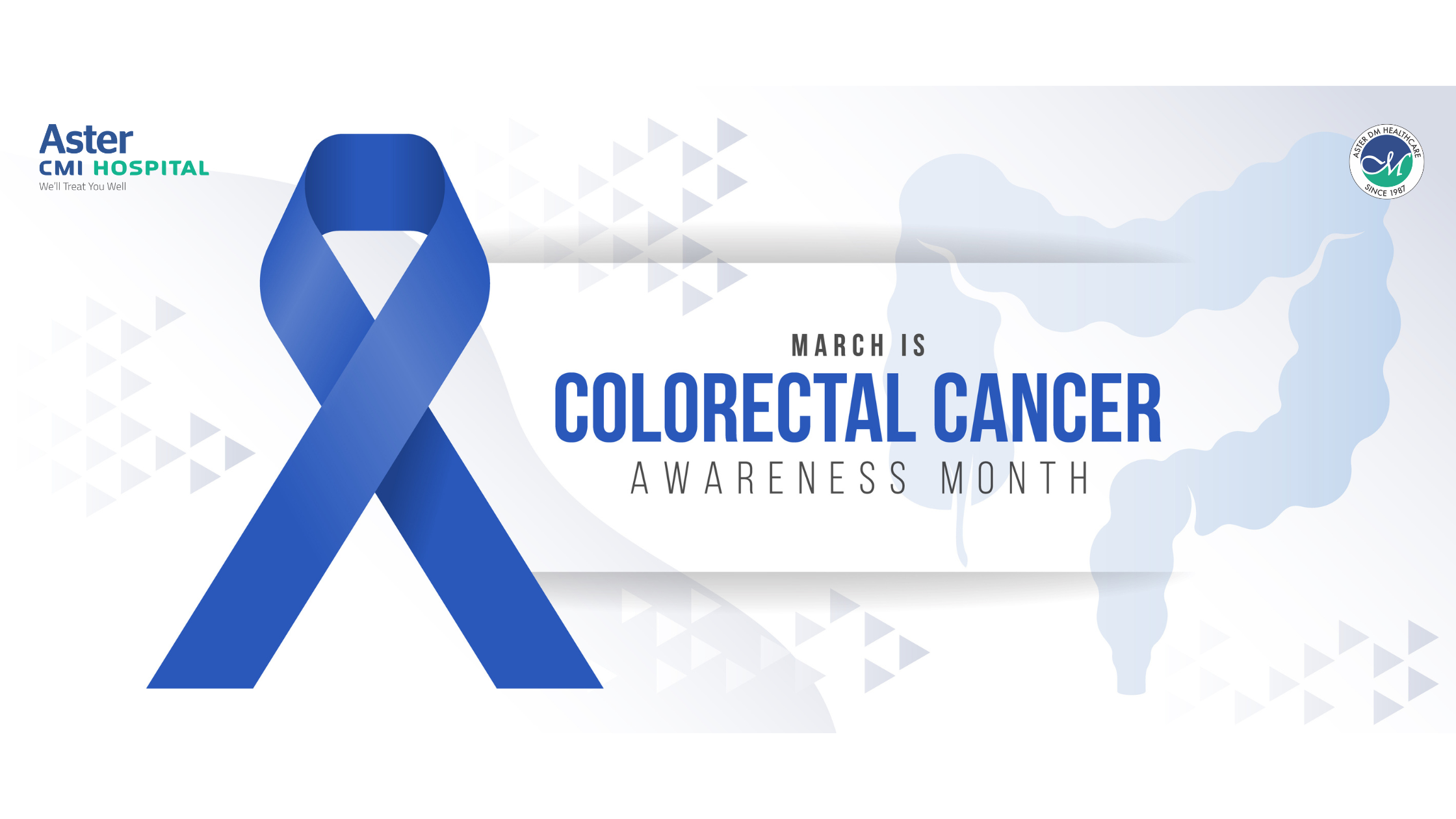Introduction:
Colorectal cancer, a formidable adversary in the realm of oncology, poses a significant threat to public health. As we delve into Colorectal Cancer Awareness, it becomes imperative to shed light on the nuances of this disease, emphasizing the need for early detection, prevention, and community education.
The Rising Tide of Colorectal Cancer:
Colorectal cancer, comprising cancers of the colon and rectum, has seen a concerning rise in incidence in recent years. The multifaceted nature of this disease demands a comprehensive understanding of risk factors, symptoms, and preventive measures.
Risk Factors and Prevention:
Unraveling the web of risk factors associated with colorectal cancer is crucial for proactive prevention. Lifestyle choices, family history, and certain medical conditions contribute to the risk. Embracing a healthy lifestyle, regular exercise, and a diet rich in fiber and low in red meat can significantly reduce the risk.
The Power of Early Detection:
One of the most impactful weapons against colorectal cancer is early detection. Screening tests, such as colonoscopies and stool tests, play a pivotal role in identifying precancerous polyps or early-stage cancer when treatment is most effective. Awareness campaigns should underscore the importance of regular screenings, especially for individuals over the age of 50.
Symptoms and Warning Signs:
Colorectal cancer often exhibits subtle symptoms that can be overlooked. Awareness initiatives should educate the public on signs such as changes in bowel habits, blood in stool, abdominal pain, and unexplained weight loss. Recognizing these warning signs can prompt timely medical intervention.
The Role of Genetics:
While lifestyle factors contribute significantly, a portion of colorectal cancer cases has a genetic component. Individuals with a family history of colorectal cancer or specific genetic conditions should be vigilant and, in some cases, consider genetic counseling.
Community Engagement and Support:
Colorectal Cancer Awareness Month provides a platform for communities to come together, share stories, and support those affected. Initiatives such as fundraising events, awareness walks, and educational seminars can foster a sense of community and encourage open dialogue about the disease.
Conclusion:
In conclusion, Colorectal Cancer Awareness Month serves as a critical juncture to rally communities, healthcare professionals, and individuals in a united front against this formidable disease. By fostering awareness, promoting preventive measures, and emphasizing the importance of early detection, we can collectively strive to reduce the burden of colorectal cancer on individuals and society as a whole.
